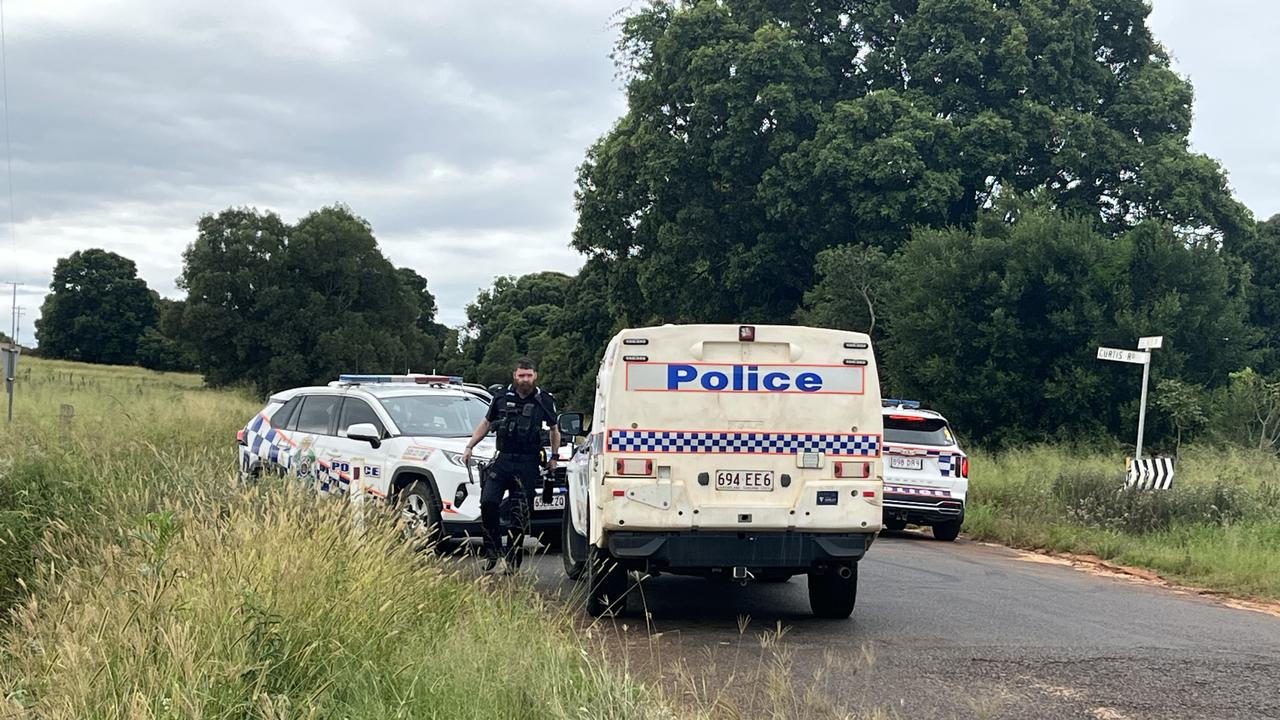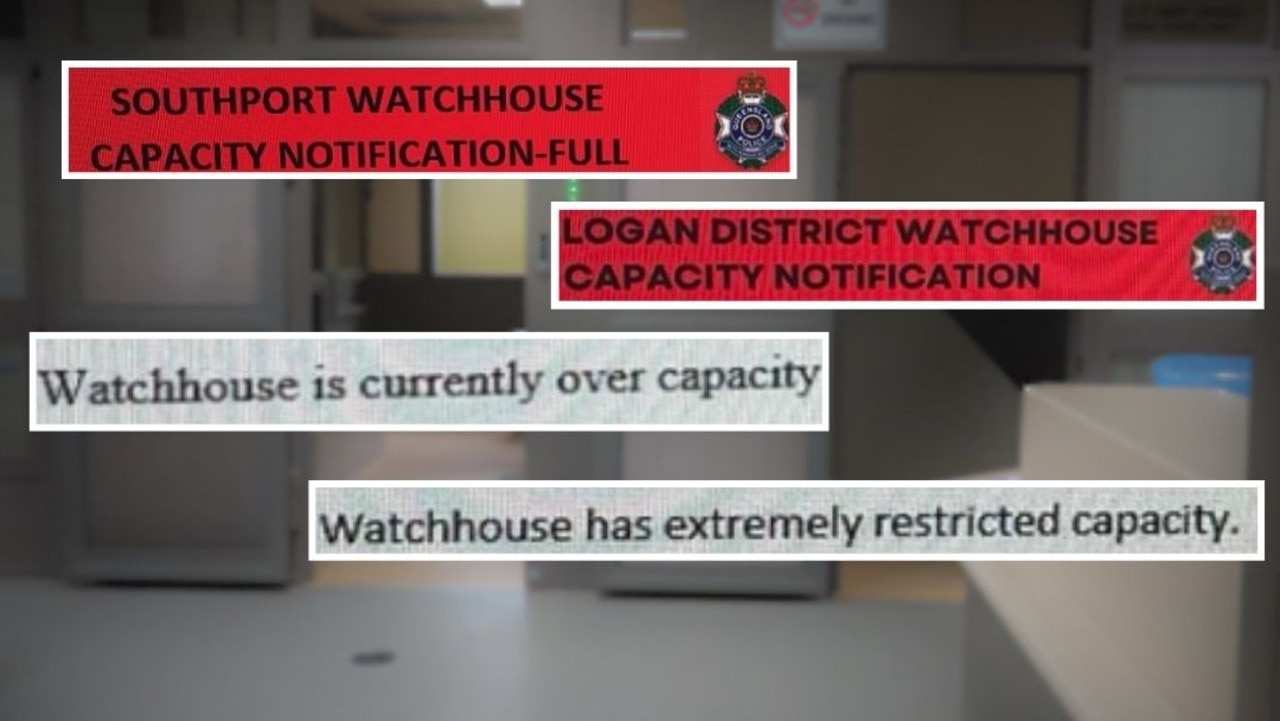Stark reality of domestic and family violence in regional Queensland revealed
A woman was told by police she was at risk of dying if she did not get her and her kids out from an abusive relationship. But as she has revealed, hers is a far too common story in rural and regional communities where no one hears your screams for help.

Regional News
Don't miss out on the headlines from Regional News. Followed categories will be added to My News.
Isolated, terrified, and terrorised by the thought any given day could be your last – and the fact that no matter how loud the eruptions of violence and abuse in your home are, there’s no one for kilometres to hear it or help.
Domestic violence services providers across rural Queensland are calling for more awareness and funding to help the growing number of women and their children living on farming properties suffering from hidden abuse.
Advocates and victims say it’s due to a mix of fear of retribution, a lack of resources in rural areas and a lingering stigma against speaking openly about domestic abuse.
In the 2022-23 financial year, 24 Queenslanders were killed at the hands of a partner or family member, an abhorrent jump from 16 in the previous year.
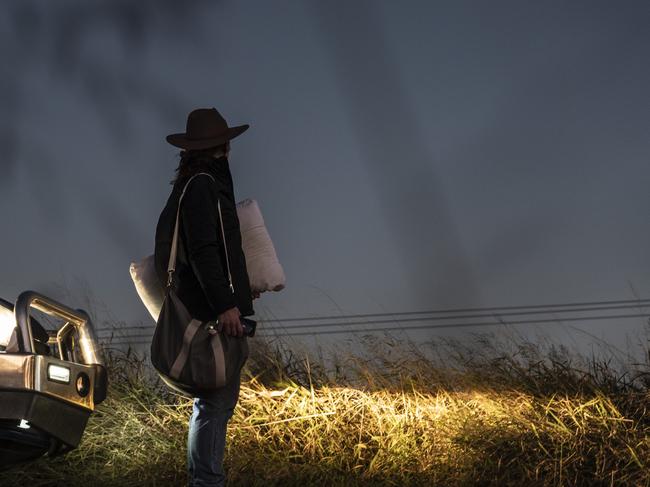
WOMEN, CHILDREN LEFT TO FEEL VULNERABLE
So far this year, the Australian Femicide Watch has listed 38 women nationally who have been killed by an intimate partner or through family violence.
In the small communities throughout the Southern Downs and wider southwest, police are overwhelmed by the number of domestic and family violence reports coming through.
The smaller the community, the more complex and difficult the challenge for domestic violence services, according to Lifeline Darling Downs South West chief executive Rachelle Patterson.
“In really tiny communities if a perpetrator is removed from the house when they’ve committed an act (of domestic violence), it doesn’t always mean the woman and her children are safer,” Ms Patterson said.
“Quite often they (women and their children) will remain in the house and family and friends of the perpetrator still remain in the community which often leaves them feeling very vulnerable.”
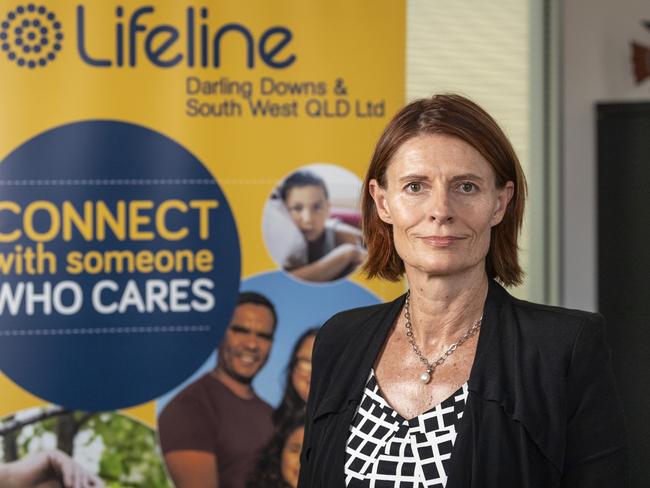
‘GET YOUR KIDS AND GO’
For Adele*, she married into a Darling Downs farming family completely, unaware she had inherited three generations of intergenerational abuse.
The lack of DFV support services in the region left Adele not knowing in which direction she should turn for help, or even how to identify how at risk of fatality she was.
It wasn’t until a comment made by one of her children at school about the violence they’d witnessed their mother endure the night before that the Department of Child Services stepped in.
“I didn’t know that the relationship with my husband was so volatile until a police officer at Warwick Police Station looked at me and said, ‘you are at high risk of fatality, you need to leave now, get your kids out and go’,” she said.
“After I left with the support of my friends, family and medical staff at the Warwick Emergency Department, a penny dropped.
“I realised that if I married into a farming family with three generations of intergenerational abuse, that there would be more women in our community suffering the same pain and abuse I have been through year after year.”
Adele is not alone in her experience of intergenerational abuse in a Southern Downs farming family.
SEVEN REPORTS A DAY IN ONE REGION ALONE
Data collected by the Queensland Police Service has revealed the startling number of domestic and family violence offences occurring in the Darling Downs and South West.
Each day about 7.5 police reports are filed for breaching domestic violence orders across the Darling Downs and South West police districts since 2020.
Behind almost every report is a woman who has feared for their safety and suffered multiple cases of domestic violence and controlling behaviour.
For 25 years Angela* was a victim of intergenerational abuse, a behaviour she often saw normalised.
“I spent a lot of my years in rural towns, west of Warwick with my husband and four children, where it was normal for poor behaviour to be displayed in farming families,” she said.
When Angela made her escape, along with her children, it became alarmingly clear there was not one service in Warwick at the time who could help them.
“The police did as much as they could and to their credit, they tried very hard to relocate us to a safer town,” she said.
“I ended up laying charges on the person using violence, and they were behind bars for quite some time.”
VIOLENCE SEEN AS ‘NORMAL’ BY KIDS
Griffith University professor of criminology and social work Dr Silke Meyer has spent years researching the transmission of intergenerational violence, particularly in young people and how it’s come to affect their behaviour later in life.
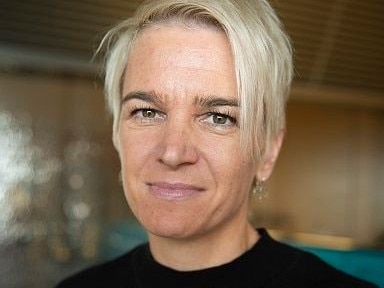
Professor Meyer said a common theme she saw in the feedback of participants was the skewed idea that the violence they witnessed growing up was ‘normal’.
“A lot of the young people in the study who provided feedback on how they make sense of their experiences said ‘I wish I had known this is not what’s normal in families’ and ‘I wish I had known this is not how my friends are growing up’,” Professor Meyer said.
“Because it’s so stigmatised and so silenced to talk about domestic and family violence or child abuse, nobody talks about it and then those people just tend to think it’s normal.”
25 DAYS LIVING IN CAR WITH KIDS
Petia* spent 25 days living in her car with an eight-year-old and 12-year-old while she was in the process of escaping an abusive relationship of 15 years.
There were no homelessness support services available for Petia in Warwick at the time, let alone any domestic and family violence services.
Petia found a lifeline through the support of the volunteers at Protea Place in Warwick, which opened its doors in August 2023.
It’s not a domestic and family violence service, but rather a homelessness service for women and children that also offers referrals to DFV services.
“The support given at Protea Place by Jo and Karen was amazing, and in fact, I probably wouldn’t be here to tell my story if it wasn’t for those two beautiful ladies,” she said.
The volunteers at Protea Place were able to help Petia navigate her options for finding safe accommodation in Warwick, a difficult and scary task for those on the opposite end.
“I’m an educated woman, however, if you’ve never been through trauma of this type, never slept on the streets or looked down the barrel of being homeless, then you don’t independently know where to go for help,” she said.
“It seems that Warwick has little to no support groups or a place to go apart from Protea Place to get the guidance and appropriate referrals for help.”
In a landmark result, coercive control laws were passed through Queensland parliament in March with the stand-alone offence to come into effect in 2025.
While new legislation is a step forward in saving lives, for Lifeline’s Ms Patterson the journey to prevention still lies ahead.
“We’ve seen over 200 perpetrators in two years access our (DFV prevention) services from all across the southwest,” Ms Patterson said.
“The results show that by far the majority of perpetrators are men and their success in the programs really comes down to whether they want to change or not.
“Having police and other agencies working together will give women the best chance at success.”
*To protect the privacy of the women who spoke about their experiences with domestic and family violence the names have been changed.
HELP IS AVAILABLE
Domestic Violence Action Centre service manager Kath Turley said although face-to-face support services are limited in the wider South West, DVAC can still provide a range of support in these areas remotely via phone.
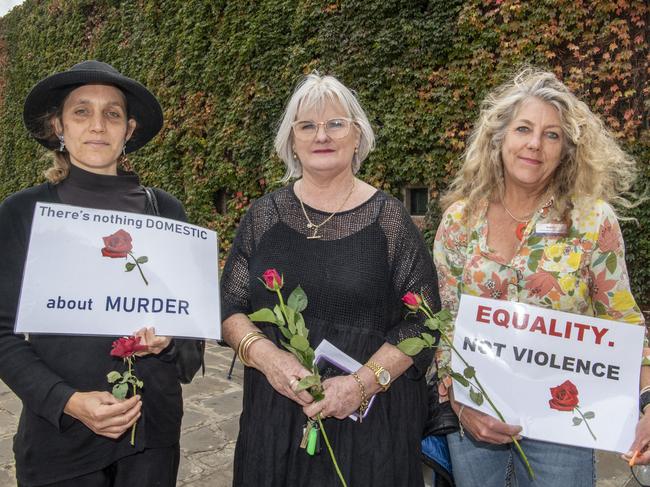
“We can work with women in these areas to identify what’s happening and provide a risk assessment, safety planning if they’re not in a position to flee or discuss their options around leaving,” she said.
For those who aren’t in a position to leave, Ms Turley said the service can work with them to provide safety upgrades to their home and plans to keep themselves and their children safe.
DVAC case workers are available in eight domestic violence courts around the wider Southern and Darling Downs regions to provide support and referrals to legal services.
If you’re experiencing domestic and family violence in an isolated area, know there is help available.
“If you’re in an immediate crisis call triple-0, if you’re needing to flee your situation call DVConnect or if you’re looking to plan a leave we (DVAC) can help,” Ms Turley said.
DVConnect is available 24/7 for crisis support on 1800 811 811, Domestic Violence Action Centre services are available in person or via phone Monday to Friday from 9am to 5pm.
Lifeline Darling Downs South West domestic and family violence prevention services and support can be found on their website.



